New minpaku laws decidedly unpopular in Kyoto City
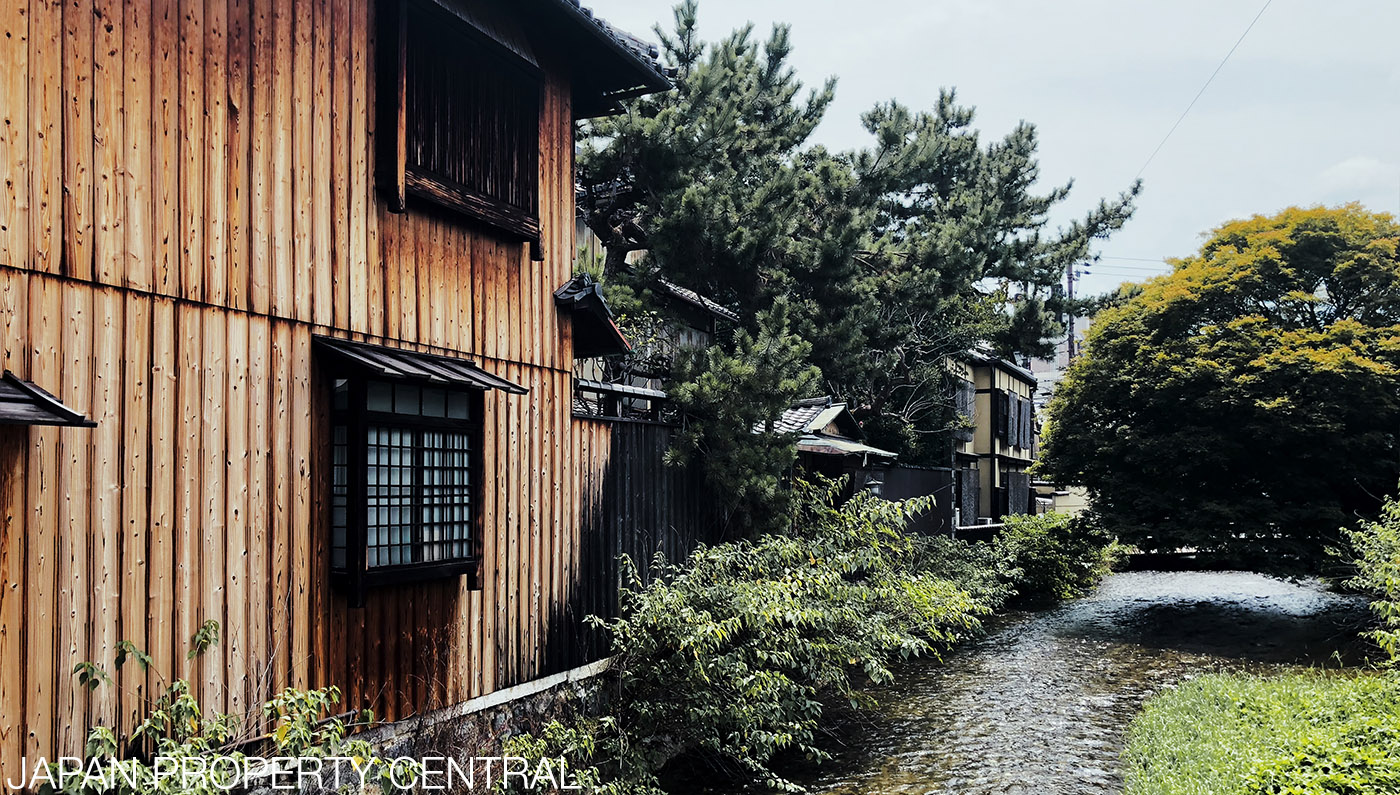
As at the end of August 2018, Kyoto City had only received 129 applications for short-term letting under the new minpaku laws that were introduced in June. Of those, 33 are located in exclusive residential zones where properties can only be rented out to guests for a maximum of 60 nights between January 15 and March 15, with some exceptions allowed for traditional machiya townhouses and homes where the host also lives on the premises. This pales in comparison to the total number of 7,028 applications made nationwide. In Kyoto Prefecture, excluding Kyoto City, only 18 applications have been received as at September 14.
Kyoto’s most expensive apartment building is almost sold out
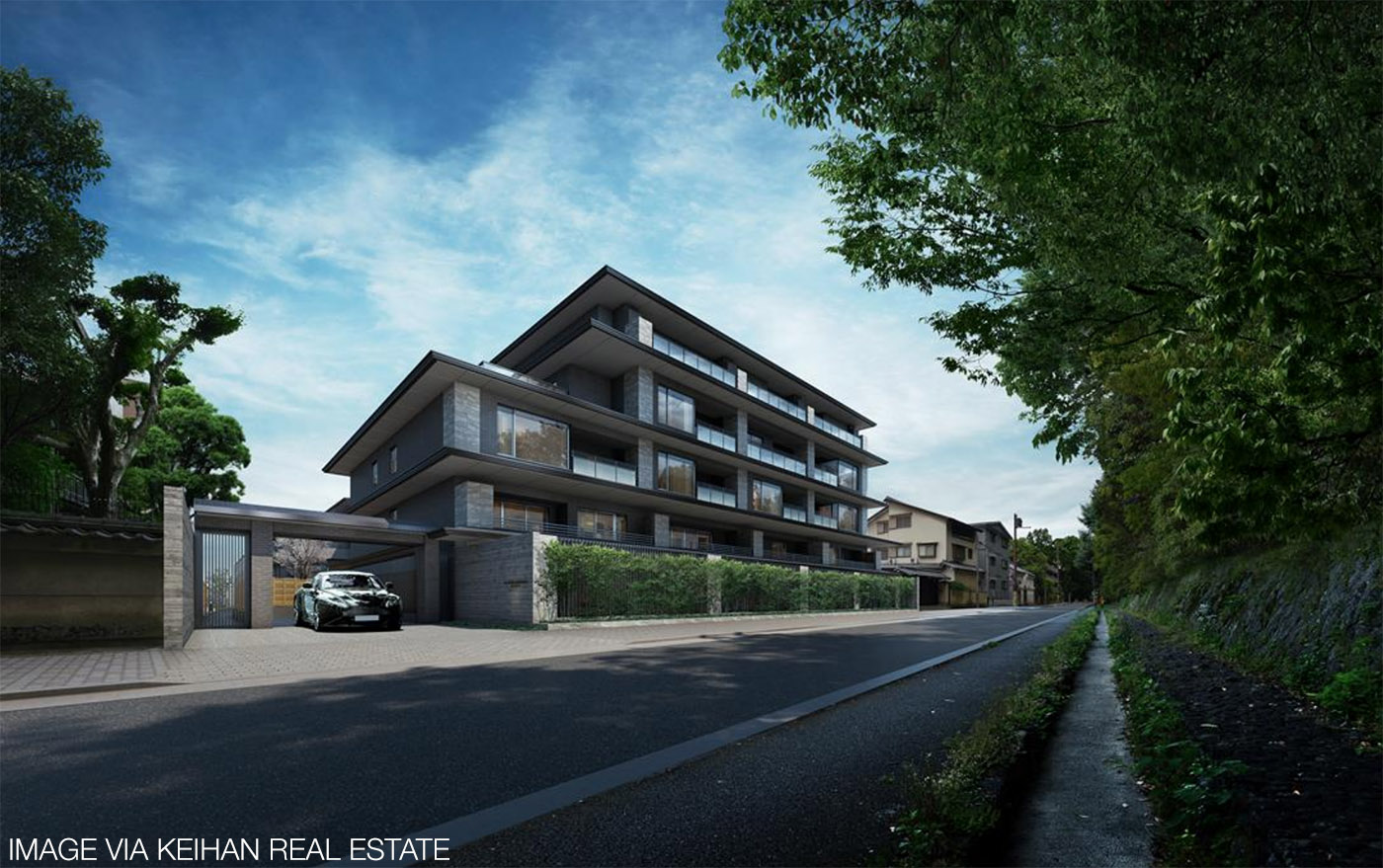
Kyoto City’s most expensive apartment building since 1995 is already close to selling out prior to the start of official sales. 90% of the apartments in The Kyoto Residence Gosho-Higashi have already been pre-sold to buyers, with the remaining 4 units offered in the first round of public sales held on October 13th. The four apartments are priced from 105 to 157 million Yen (approx. 935,000 ~ 1,400,000 USD). With an average price of around 1,600,000 Yen/sqm (approx. 1,325 USD/sq.ft), this is the most expensive apartment building to go on sale in the city since 1995. It has beaten a previous record set in 2015 by The Parkhouse Kyoto Kamogawa Gosho-Higashi which had an average price of between 1,300,000 ~ 1,400,000 Yen/sqm when new.
Two minpaku companies in Kyoto busted for illegal short-term letting
This month, two companies that both specialize in operating short-term Airbnb-style letting, have been issued cease-and-desist orders from Kyoto City for providing accommodation without the required licenses or permissions. These are the first crackdowns in Japan since the new short-term accommodation law was introduced on June 15, 2018. Hosts found operating illegally now face fines of up to 1 million Yen (approx. 8,900 USD).Read more
New minpaku law sees 98% of listings in Kyoto disappear
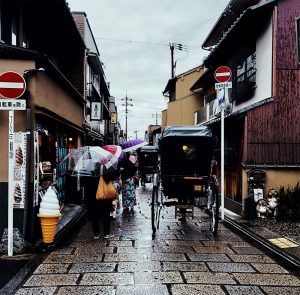 A month has passed since Japan’s new rules for home-sharing were introduced. Strict registration requirements have caused a large number of hosts to drop out of the market. In Kyoto City, the number of approvals sits at 47 as of July 13, a stark difference to the 3,000-plus lodgings that were operating beforehand.Read more
A month has passed since Japan’s new rules for home-sharing were introduced. Strict registration requirements have caused a large number of hosts to drop out of the market. In Kyoto City, the number of approvals sits at 47 as of July 13, a stark difference to the 3,000-plus lodgings that were operating beforehand.Read more
Kyoto City sees 4,500 new hotel rooms added in 2017
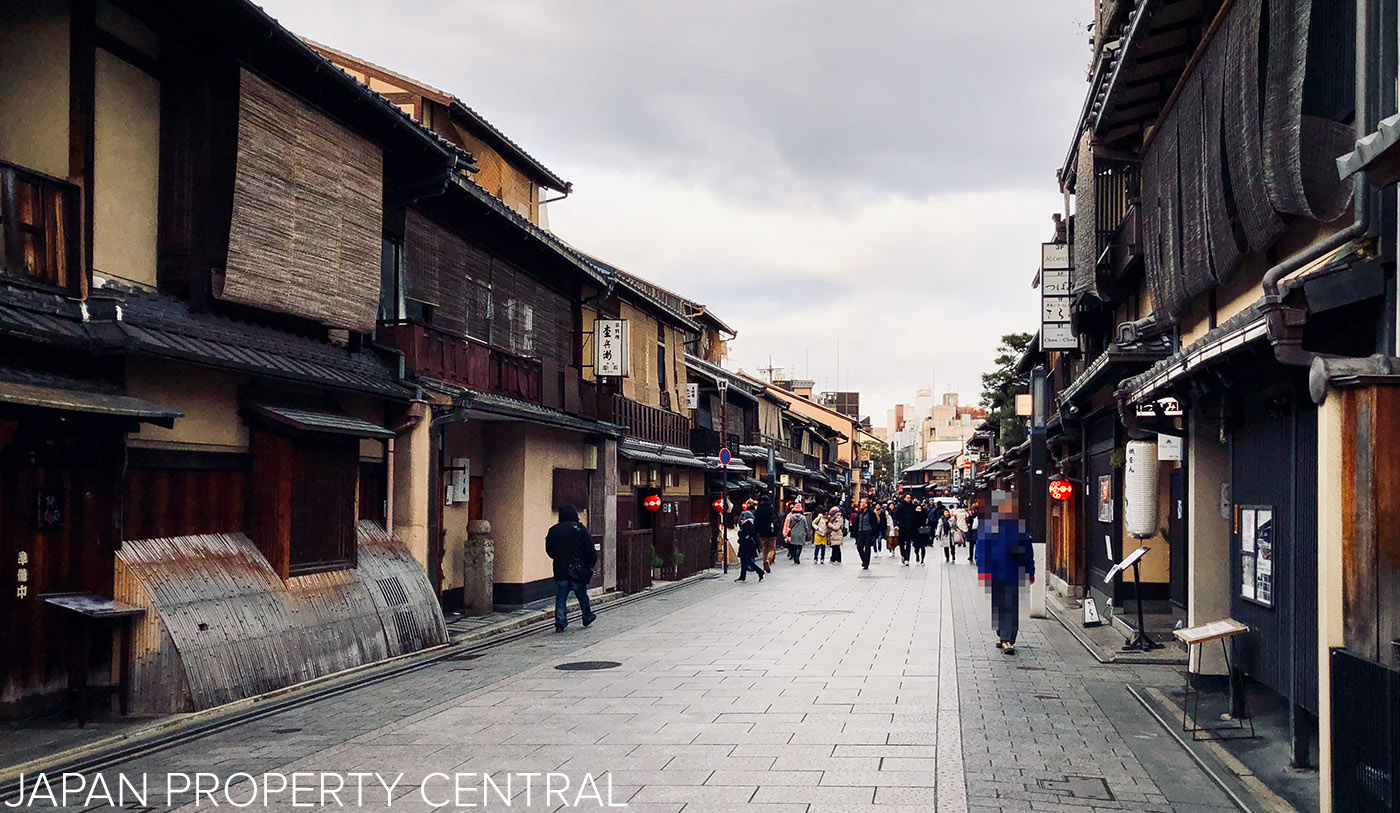
Kyoto City saw an additional 4,532 hotel/accommodation rooms added in 2017, putting the city’s total inventory above 38,000 rooms. In the past 12 months over 3,000 rooms have been opened in simple lodgings, which refers to guest houses and low-priced hostels. The growing number of foreign tourists to the former capital has been a driving force behind the new supply.
The city had 38,419 rooms as at the end of 2017, up 13.4% from 2016. Hotels make up the largest share with 23,899 rooms, up 6.5% from the previous year. Traditional ryokans dropped 0.8% to 5,273 rooms, while simple lodgings saw a 50% increase to 9,247 rooms. Kyoto City’s survey only covered licensed accommodation, with unlicensed, illegal rooms not included in the total count.Read more
Housing starts in Kyoto drop 13.1% in 2017 as hotel construction overtakes apartments
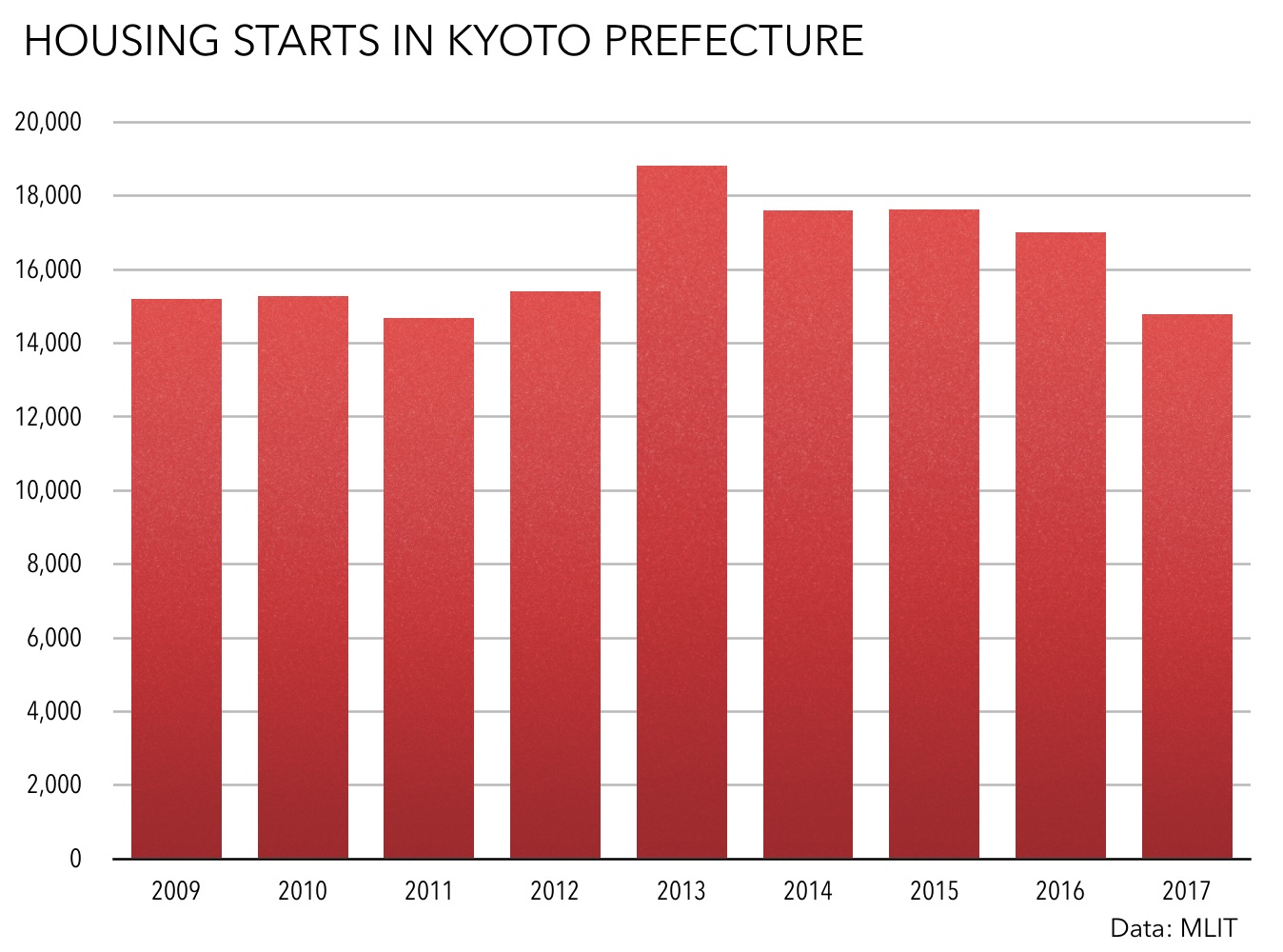
Housing starts in Kyoto Prefecture saw a year-on-year drop of 13.1% in 2017 to 14,790 units, the second lowest level seen in the past 10 years. This is also the second year in a row to see a decline in new construction.
This has been attributed to a steep rise in the construction of hotels in Kyoto’s city centre, with developers choosing to focus on building hotels rather than apartment buildings. Construction of apartments has halved as a result. The tourism boom and demand for hotels has put pressure on land prices, causing them to reach a level where the land is no longer profitable for an apartment development. Read more
No approvals yet under new short-term letting rules in Kyoto
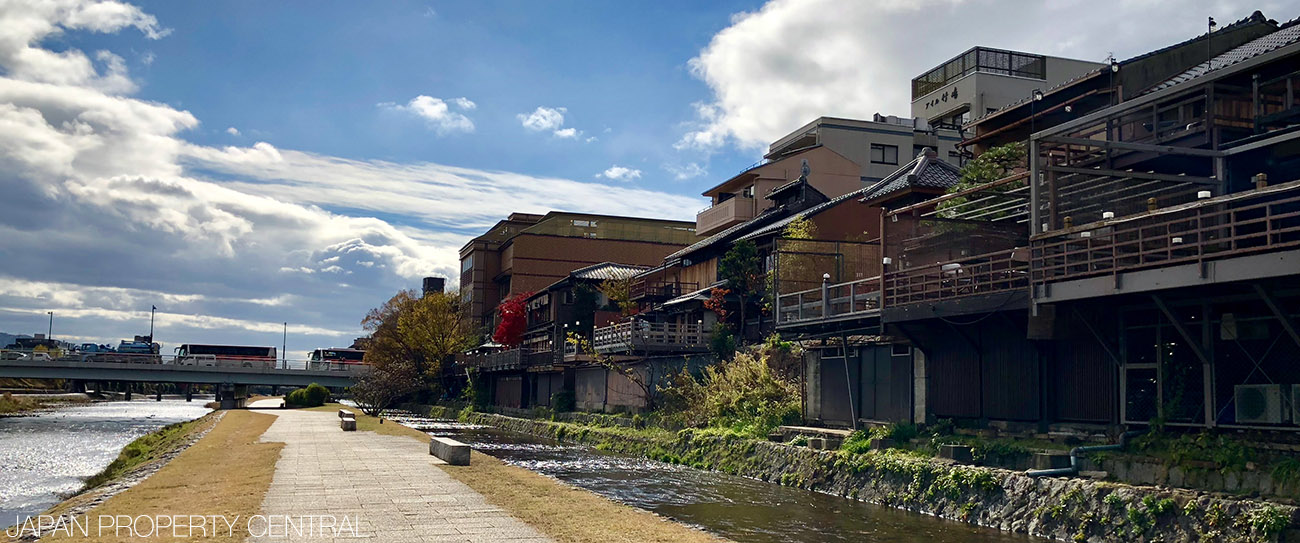
With less than a month until Japan’s nationwide short-term letting (minpaku) law goes into effect, applications from potential hosts in Kyoto City remain in the single digits.
The city’s application desk has received six applications, while zero have been approved. Kyoto City has the strictest minpaku rules in the country, with properties in exclusive residential zones limited to operations for up to 60 days per year between January 15 and March 15 (the winter months). Properties outside those zones that are not occupied by hosts must have a licensed property manager stationed around the clock within a 10 minute radius of each property. There are some exceptions for properties where the host lives on the premises, and for traditional machiya townhouses.Read more
